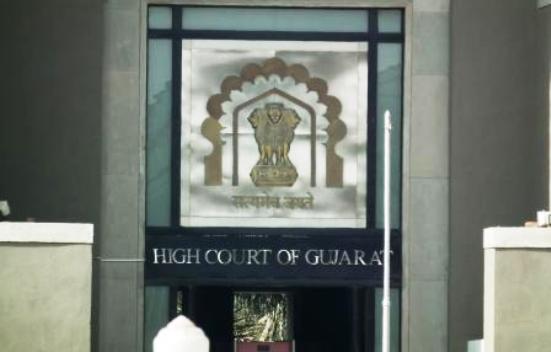LI Network
Published on: 16 September 2023 at 14:01 IST
The Gujarat High Court has upheld that the dismissal of a writ petitioner from service by an Insurance Company was unjustified as it failed to establish that the petitioner’s actions amounted to misconduct. The Court clarified that misconduct implies wrongful intent, not mere errors or negligence in judgment.
In a case involving two related appeals, the Insurance Company had challenged a judgment that set aside the petitioner’s dismissal order from service and its subsequent confirmation in appeal.
The Court ruled that the petitioner should receive all consequential benefits as if the dismissal order had never been issued. The petitioner, in a cross-appeal, contested the rejection of his claim for interest on pension and other benefits resulting from the annulment of the dismissal order and its confirmation in appeal.
A Division Bench of Chief Justice Sunita Agarwal and Justice N.V. Anjaria held that, “It may be a case of error of judgment or an act of negligence on the part of the petitioner in discharging his duty, but that itself would not constitute misconduct, as it has not been shown or established that the said act of the appellant had resulted in irreparable damage to the Company, to indicate the grossness of negligence.”
Case background:
The case revolved around a Senior Divisional Manager at New India Assurance Company Limited facing charges of misconduct related to the settlement of 10 claims in the Lok Adalat during 2014-15. The charges alleged that the petitioner had settled these claims with ulterior motives, disregarding company norms and guidelines, leading to a loss of Rs. 66,81,105 to the company.
The petitioner argued that the charges did not constitute misconduct, highlighting that misconduct implies wrongful intent, not just errors or negligence. During the inquiry, the petitioner’s defense was that decisions regarding compromise settlements in the Lok Adalat were a collective effort, and he was not solely responsible. The inquiry found no evidence to establish the petitioner’s sole responsibility for the settlements, deeming them the result of a team effort.
Court Analyzed:
The Court noted that the charges primarily centered around settling claims in the Lok Adalat, contrary to the company’s policy manual. Depositions of prosecution witnesses indicated that settling claims in the Lok Adalat was a collective effort, and the Inquiry Officer’s findings suggested a lack of evidence to support the charges.
The Court emphasized that the petitioner’s role was to endorse settlements proposed by the Legal department, and no ill motive could be attributed to him for signing the compromise pursis. Moreover, there were no allegations of personal gain or corruption against the petitioner. The charges primarily centered on violating company policy, not financial impropriety.
The Court held that the petitioner’s actions, even if considered an error in judgment or omission, did not constitute misconduct, as they did not result in irreparable damage to the company. Consequently, the appeals filed by the appellant company were dismissed due to a lack of merit. The petitioner’s appeal seeking interest on unpaid amounts after retirement was granted, and the company was directed to pay all withheld or deducted benefits with interest.
Case Title: The New India Assurance Co. Ltd. v. Chandrakant Gokalbhai Patel

